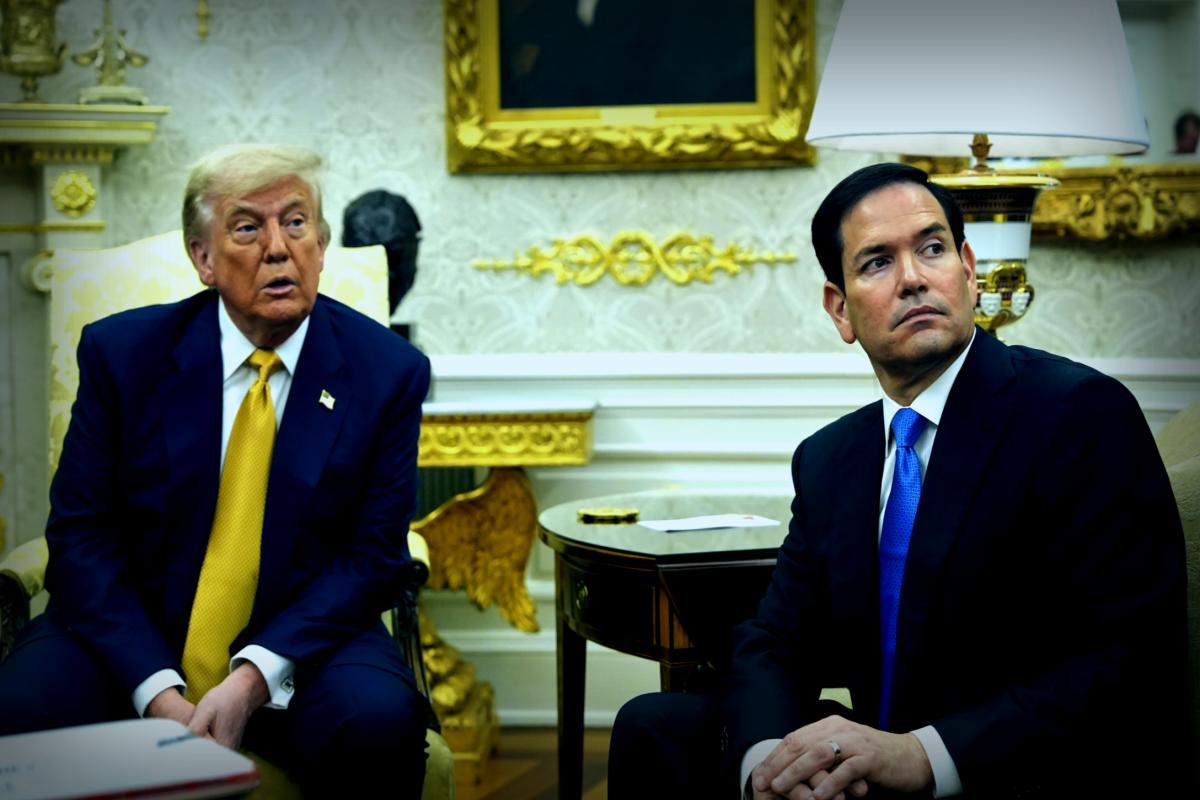The Trump administration is making a significant change to tourist and business visas. They’ve proposed a new rule that could require some visa applicants to put down a hefty bond—up to $15,000—just to enter the U.S. Critics are raising concerns that this might make traveling to the U.S. unaffordable for many.
A notice due out Tuesday in the Federal Register outlines that this plan will start as a 12-month pilot program focused on applicants from countries with poor document security and high visa overstay rates.
Why This Is Important
This initiative marks a notable shift in immigration enforcement under the Trump administration. It revives a controversial measure that briefly appeared during Trump’s earlier term.
A similar proposal was rolled out in November 2020 but was never fully implemented due to the global travel downturn caused by the COVID-19 pandemic. This earlier version targeted about 20 countries, mainly in Africa, with overstay rates exceeding 10%.
What You Need to Know
The bond program kicks off on August 20, as noted in various documents and previews from the Federal Register. According to the Department of Homeland Security, the aim is straightforward: to avoid costs to the government when visitors break their visa terms.
According to the announcement, any temporary visa applicant for business or leisure from countries with high overstay rates, lacking proper security screening, or offering citizenship by investment could find themselves needing to post a bond. In other words, if they’ve gained citizenship without residency, they might fall under this new requirement.
Visa applicants that fall into this category may be asked to secure a bond before their visa interview. This mainly targets individuals from nations known for high visa overstays and deficient vetting processes.
If a visitor is required to post a bond, they’ll get it back when they leave the U.S., become a citizen, or if they unfortunately pass away. However, if they overstay, the bond could be forfeited to assist with the costs of removing them.
Interestingly, people coming from countries in the Visa Waiver Program won’t need to worry about this bond, and consular officers may choose to waive the requirement in specific cases.
Affected Countries
The specifics are still unclear, but we know many applicants could be affected. According to data from U.S. Customs and Border Protection, countries with the highest visa overstay rates currently include Angola, Liberia, Mauritania, Sierra Leone, Nigeria, Cabo Verde, Burkina Faso, and Afghanistan.
The official list of affected countries will be shared at least 15 days before the program starts, so keep an eye out for updates. The past proposal in 2020 included countries like Afghanistan, Angola, and Syria among others.
What People Are Saying
The public notice explains: “The Pilot Program aims to help the Department evaluate the practicality of relying on visa bonds as a way to meet foreign policy and national security objectives.”
Andrew Kreighbaum, a journalist focusing on immigration issues, highlighted on X: “The entrance costs for business and tourist travelers are rising. On top of the new visa integrity fees, the State Department is introducing bond requirements potential travel up to $15,000.”
Next Steps
Visa bonds have been talked about before but never actually put into practice. Historically, the State Department has voiced concerns about requiring bonds due to the challenges involved in managing them and potential misinterpretations by the general public.
This article includes reporting from the Associated Press.
Update 8/4/25, 12:59 p.m. ET: Additional information has been added.




















